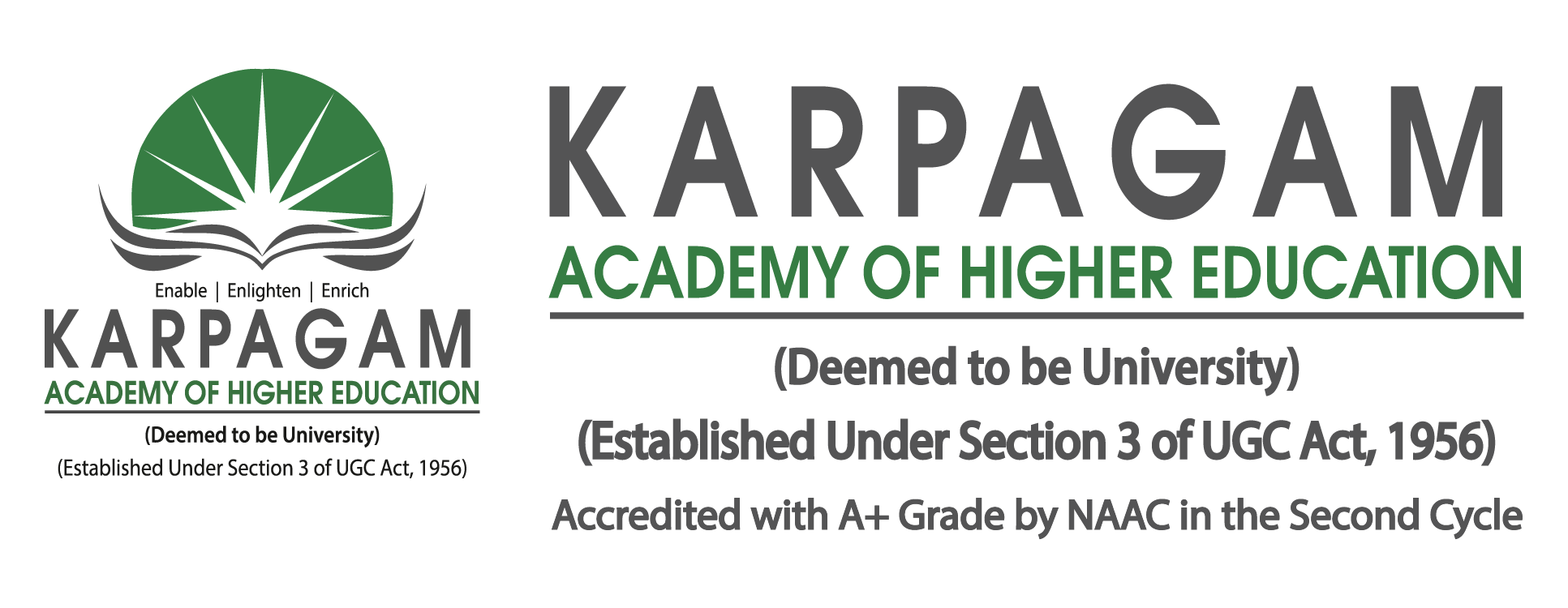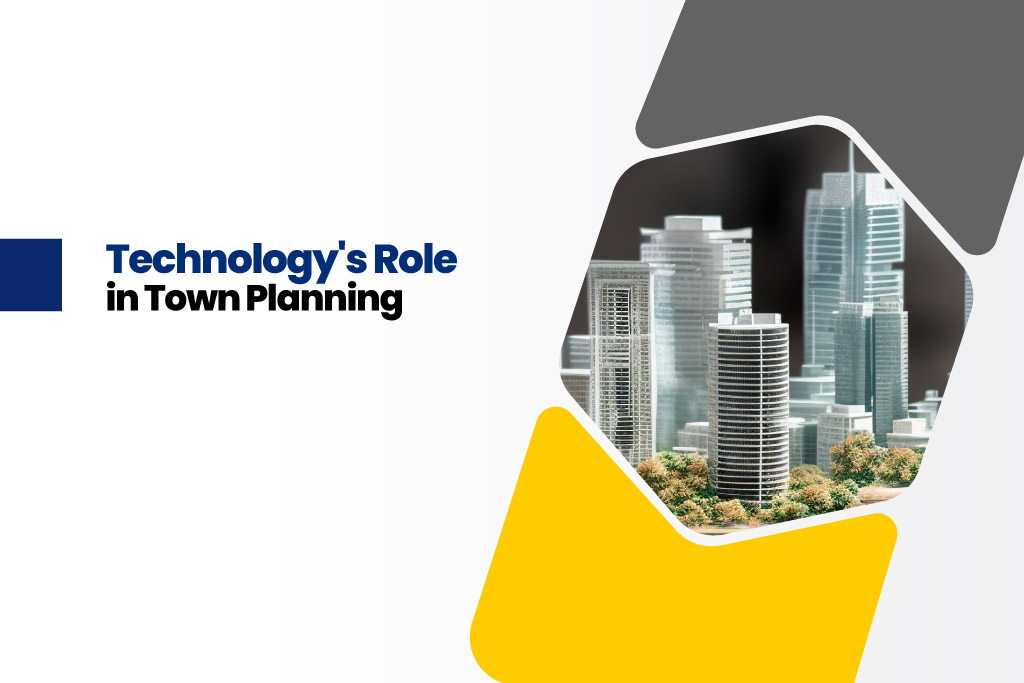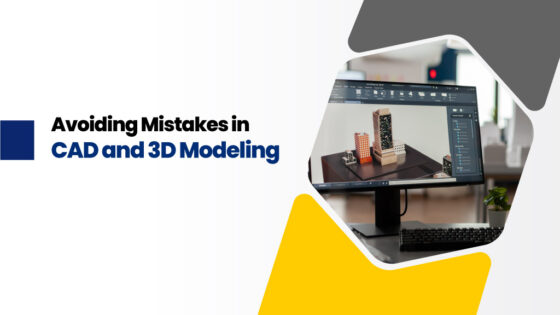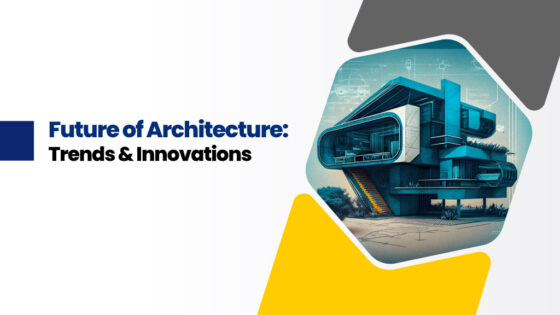Urban planning is a complex field filled with challenges for planners, but technology is enabling them to work more effectively and efficiently than ever before. Advanced tools like computer-aided design (CAD) software, generative AI, augmented reality, and blockchain are transforming how cities are planned and constructed.
Pursuing BArch programs at the top architecture colleges in Coimbatore enables you to get to know the latest industry trends and requirements that are key to understanding your career goals. This further helps you adapt your skill sets in line with market requirements, ensuring relevance and marketability.
In this blog, let’s delve into the technical aspects and implications of how technology is transforming urban planning.
CAD: Computer-aided design (CAD) software is a go-to tool for urban planners as it enables them to create precise and intricate plans for new developments and infrastructure projects. The software allows planners to generate 3D models of proposed developments, view them from various perspectives, and easily make real-time modifications. This has significantly reduced the planning timeline and increased the accuracy of the end product. By employing CAD software, planners can ensure that projects are built to the highest standards and meet the required specifications.
Graduating with a BArch from one of the best architecture colleges in South India helps you acknowledge the evolving construction sector landscape, align your career objectives with the prevailing industry requirements, and strategically position yourself among your peers.
AR and VR technologies: Urban planners employ these advanced technologies to create virtual simulations of proposed infrastructure development projects. With AR and VR, planners gain an in-depth understanding of how their designs will look and function in the real world, particularly for large and complex projects. This allows them to assess the impact of their designs on the environment, the local community, and the entire city.
Karpagam Architecture is one of the top architecture colleges in South India that equips you to build resilience, empowering you to establish yourself in the hyper-competitive market.
Generative AI: This is an emerging technology that generates designs based on specific constraints and parameters using AI algorithms. It allows planners to optimize design outcomes for sustainability, efficiency, and liveability.
For instance, a generative AI algorithm can be configured to generate designs for new infrastructure projects with optimized green areas and energy usage and facilitate seamless access to public transportation. The algorithm generates a range of designs in line with the requirements, thereby enabling planners to choose relevant designs for their projects. Generative AI enhances the design process, saves time, and creates more sustainable and liveable urban environments.
KARCH is one of the top architecture colleges in Tamil Nadu that guides you with consistent growth, thrives in your professional journey, and achieves success.
BIM: Building Information Modeling (BIM) technology has been gaining popularity in recent times. It involves creating a digital model of a building or infrastructure project with comprehensive information about its design, construction, and maintenance. This information is stored in a centralized database, facilitating access for different stakeholders throughout the project’s lifecycle.
BIM provides urban planners with a comprehensive and current view of the project, which helps minimize errors, enhance communication, and accelerate the construction process. BIM also ensures the construction project meets quality standards and regulatory requirements.
Pursuing at the top architecture colleges in Coimbatore empowers you to embrace a forward-thinking approach, enabling you to make informed decisions in line with your vision and cultivating a feeling of satisfaction in your professional pursuits.
Emerging technologies: Apart from the technologies discussed above, other emerging technologies that are expected to make an impact in the future of urban planning are the Internet of Things (IoT) and blockchain technology.
IoT allows planners to collect and analyze real-time data from multiple sources like traffic sensors, weather stations, and public transportation systems, thereby streamlining connections between cities and enhancing their efficiency. This data can also be used to make informed decisions about improving city infrastructure and services.
Blockchain technology creates a decentralized and secure data ledger that stores all transactions. This technology transforms how cities are built and managed, ensuring that urban infrastructure development projects are processed in a transparent manner and minimizing fraudulent transactions.
Emerging technologies such as IoT sensors, generative AI, augmented reality, drones, and aerial imaging can work together to optimize city layouts, identify potential issues before construction, and create detailed 3D maps of cities. Integrating these technologies can help us build smarter, more efficient, and more sustainable cities, enhance the quality of life for communities, and build exceptional urban spaces.
Technology is enabling us to build well-planned and exceptional cities, quickening the pace of the urban planning process while making it more efficient and sustainable in the long run. From BIM to IoT, augmented reality and blockchain technologies are constantly evolving, enabling us to build futuristic and liveable cities with creative innovation.
Identifying your long-term goals helps you design your roadmap for your career and infuse your journey with purpose and direction. This in turn helps you to research, identify, and join relevant programs at the top architecture colleges in Coimbatore to cultivate the necessary skills and create the impact you aspire to in your chosen field.






